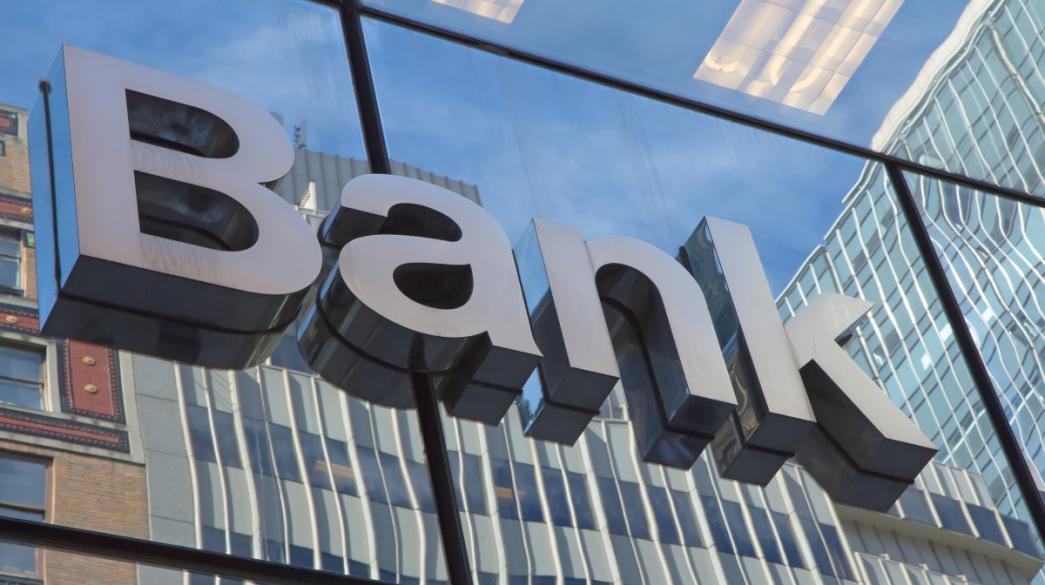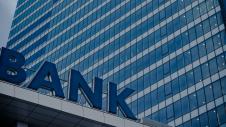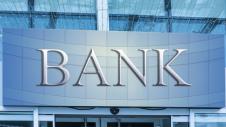The terms under which the European Central Bank (ECB ) will conduct this year's stress tests on Greek lenders are relatively favorable. Banks will be given a health check under two scenarios, a basic and an adverse one, neither of which include any negative surprises.
Bank officials say that growth forecasts under the basic scenario are roughly in line with tests held on the sector in 2018. Under the upcoming test, gross domestic product (GDP) is seen expanding by 2.4 percent this year (slightly less than Greece's forecast), 2.5 percent in 2021 and 2.5 percent in 2022.
Under the negative scenario, which is used to show how banks would withstand an unexpected downturn in the economy, annual output is seen off 2.2 percent this year, down 3.5 percent in 2021 and 0.4 percent lower in 2022.
One part of the scenario's conditions that offer better than expected forecasts relate to real estate. Here, the bad scenario put forth by the European Banking Authority, sees residential housing dropping 0.3 percent in 2020 (-3.5 percent in 2021, -2.1 percent in 2022) and commercial property prices dropping 4.7 percent this year (-5 percent and -1.3 percent respectively in 2021 and 2022.)
Property market forecasts are considered to be of particular importance as price valuations determine whether guarantees offered on loans, normally in the form of real estate, are enough.
The EBA has not set out what the minimum capital requirements will be but industry sources believe that it will be at least 5.5 percent under the negative scenario. Bank officials are optimistic about the outcome of the review, saying that it will be determined by a series of factors, in addition to the assumed macroeconomic conditions.
The market is not doubting whether banks have sufficient capital but there are concerns about the quality of capital on offer, given that a large part of it is in the form of deferred tax credits, and its sufficiency over time given the bad loans held by lenders.
Bank authorities started collecting data on the bank's last month for the review and the results of the stress test are scheduled to be published July 31.
The previous round of stress tests was held in 2018. Greek banks successfully got through that review with capital sufficiency ratios ranging from 14.5 percent to 20.3 percent, under the basic scenario. These ratios dropped to between 5.9 percent 9.7 under the negative scenario.
YIANNIS PAPADOGIANNIS








